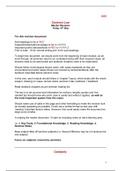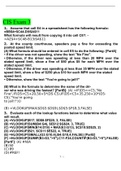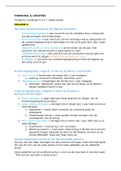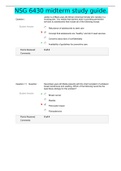Exam (elaborations)
First Class Contract Law Notes (LLB)
- Module
- Institution
- Book
Comprehensive master document that covers the entire module of contract law. Perfect for revision for exams and tutorials! Includes all the foundational cases, concepts and scholars.
[Show more]











